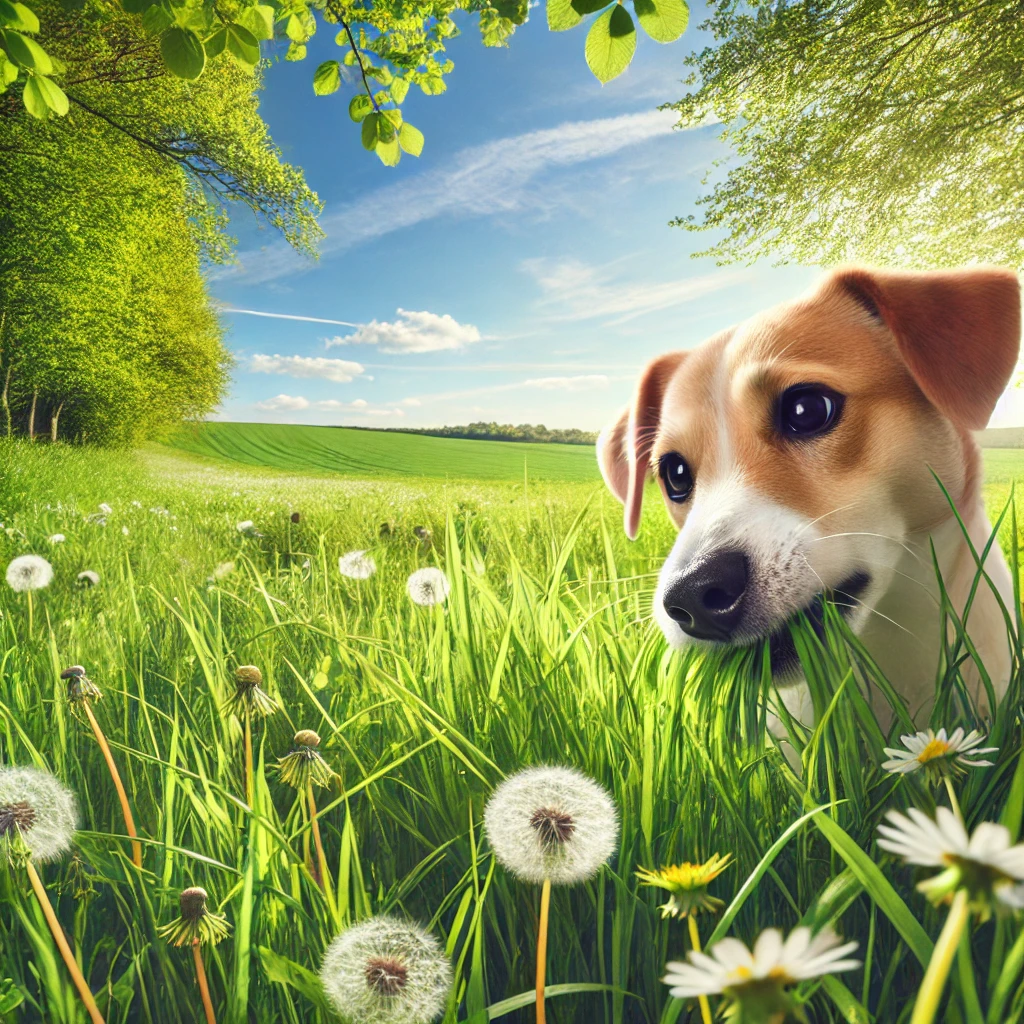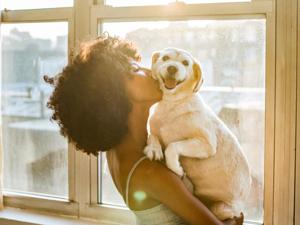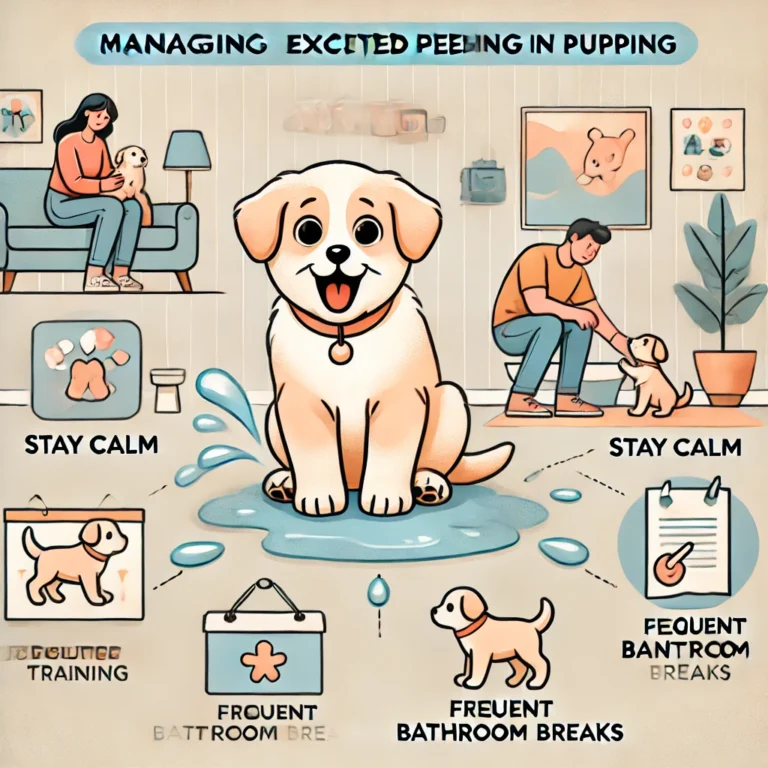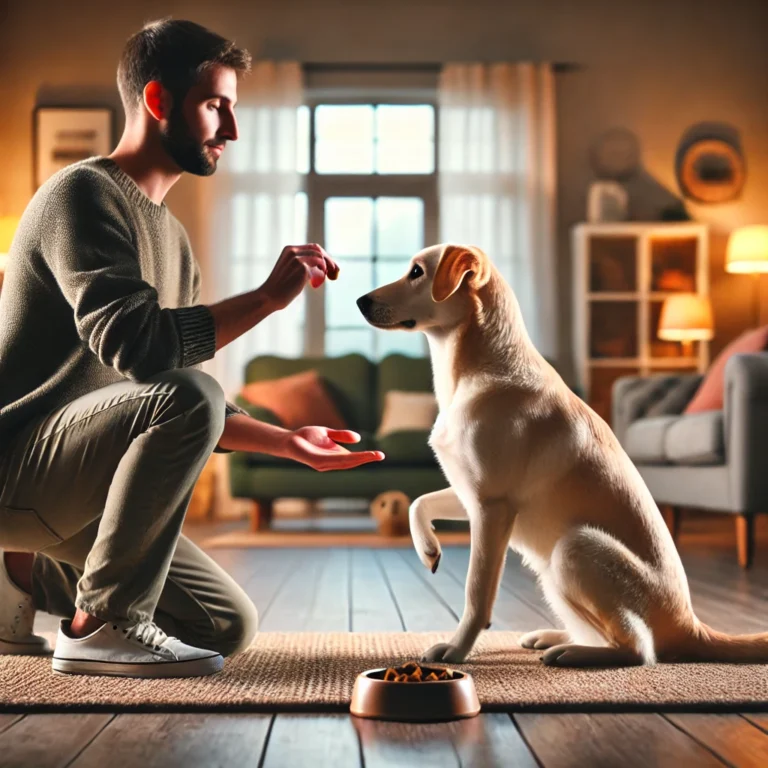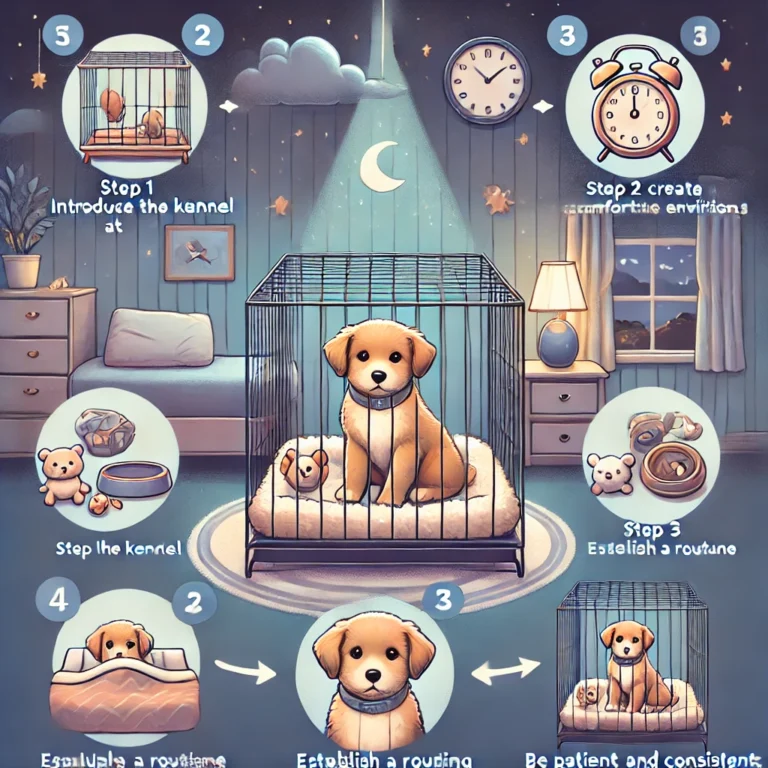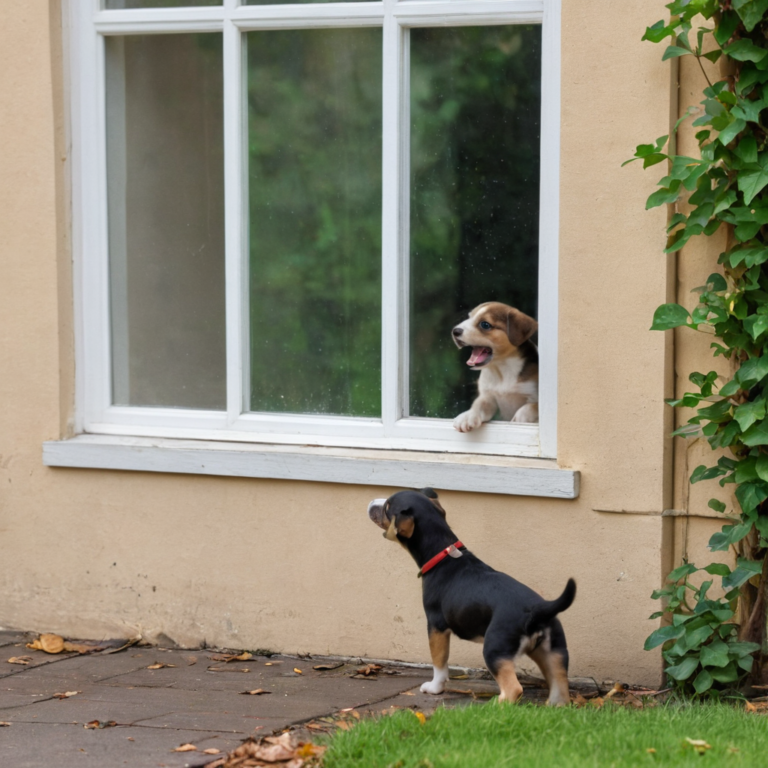Why Do Dogs Eat GrassWhy Do Dogs Eat Grass: Exploring the Behavior
Have you ever seen your dog munching on grass and wondered why? It’s a common behavior that leaves many pet owners puzzled. Dogs eating grass can be linked to several reasons, ranging from their natural instincts to simple enjoyment. In this article, we’ll explore the various factors that might explain why dogs have this curious habit.
The Curiosity Factor
Dogs are interesting creatures. As pet owners, we often see our dogs doing things that leave us scratching our heads. One of these behaviors is eating grass. The world of canine behavior is full of odd quirks. While eating grass might seem innocent, is there more to the story? Could this habit be a harmless quirk or a clue to something deeper?
Genetic Predisposition

Dogs have some quirky habits, and eating grass is one of them. But did you know this might be in their genes? Let’s dive into why your furry friend might be munching on the lawn.
Omnivorous Nature of Dogs
Dogs are natural omnivores. This means they eat both plants and meat. In the wild, they would eat whole animals, which often included plant material from the prey’s stomach. So, your dog’s grass-eating habit might be a throwback to their wild ancestors.
Scavenging and Foraging Instincts
Dogs have strong scavenging and foraging instincts. This means they are always on the lookout for food, even if it’s just grass. This behavior is deeply rooted in their DNA. So, when you see your dog nibbling on grass, it might just be their inner scavenger coming out.
Sometimes, dogs eat grass simply because it’s in their nature. It’s a behavior passed down from their wild ancestors.
So, next time you catch your dog in the act, remember it’s not just a weird habit. It’s part of who they are!
Nutritional Considerations
Ever wondered if your dog’s diet is giving them all they need? Sometimes, when dogs munch on grass, it might be a clue that their current food isn’t quite cutting it. A well-balanced diet is key for their overall health. If you see your pup showing more interest in grass, it could mean they’re missing something in their food. Trying a high-fiber dog food might help.
Potential Dietary Deficiencies
If your dog’s diet lacks certain vitamins or minerals, you might need to switch to a more complete and balanced diet. This is especially true if you’re making homemade dog food recipes. Always consult a veterinary nutritionist to make sure your pup gets all the nutrients they need.
Seeking Missing Nutrients
Dogs might eat grass to fill in nutritional gaps. If you notice this behavior, consider checking their diet. Sometimes, adding a bit more variety or switching to the best diet for senior dogs can make a difference. Remember, a dog health certificate can also help you keep track of their nutritional needs.
Behavioral Reasons
Boredom and Attention-Seeking
Sometimes, dogs munch on grass simply because they’re bored. If your pup isn’t getting enough mental or physical stimulation, they might turn to grass as a way to pass the time. Puppy whining in crate can be a sign of boredom, and eating grass might be another. Dogs are smart and will quickly figure out how to get your attention, even if it means doing something you find odd.
Habitual Grass Eating
For some dogs, eating grass becomes a habit. This can be due to a variety of reasons, including past experiences or just because they enjoy it. If your dog has made a habit of eating grass, it might be worth looking into positive reinforcement dog training to redirect this behavior. Sometimes, it’s just a quirky part of their personality, like how some dogs love leash training a puppy or playing fetch.
Dogs often develop habits that seem strange to us but make perfect sense to them. Understanding these habits can help you better address them.
If your dog is eating grass out of habit, it might not be harmful, but it’s always good to keep an eye on them to make sure they’re not ingesting anything that could be bad for their health.
Health-Related Causes
Upset Stomach and Vomiting
Sometimes, dogs munch on grass to help themselves vomit. If your dog is eating grass and then throwing up, it might be a sign of an upset stomach. Persistent vomiting can also be due to other health issues like pancreatitis or intestinal parasites. If this happens often, it’s best to see your vet.
Intestinal Issues
Grass eating can also be linked to intestinal problems. Dogs might eat grass to help move things along in their digestive system. If your dog shows signs of stomach discomfort, like frequent vomiting or diarrhea, they might have a medical problem such as gastric reflux or inflammatory bowel disease. Always check with your vet to rule out serious conditions.
If your dog is eating grass more than usual, keep an eye out for other symptoms like weight loss, decrease in appetite, or lethargy. These could be signs of a bigger problem.
Bernese Mountain Dog Health Issues
Certain breeds, like Bernese Mountain Dogs, are more prone to health issues that might cause them to eat grass. If you have a Bernese Mountain Dog, be extra vigilant about their health.
What Dog Breed Has the Most Health Problems
Some dog breeds have more health problems than others, which can lead to behaviors like grass eating. Knowing your dog’s breed-specific health risks can help you take better care of them.
Simple Enjoyment
Taste and Texture Preferences
Sometimes, dogs munch on grass simply because they enjoy the taste. Just like some people love chewing gum or toothpicks, dogs might find the texture of grass pleasing on their tongues, mouths, teeth, and gums. It’s a bit like a natural snack for them. Plus, the rich, complex flavor profile of fresh grass can be quite appealing to some dogs.
Seasonal Grass Consumption
Dogs might also eat grass more during certain times of the year. For instance, the fresh, tender shoots of spring grass can be particularly tempting. It’s like a seasonal treat that they look forward to. So, if you notice your dog nibbling more during spring or early summer, it could just be because the grass is at its tastiest.
Sometimes, the simplest explanation is the right one: dogs eat grass because they like it. No judgment here.
If your dog is one of those that enjoys a good grass snack, it’s usually nothing to worry about. Just make sure they’re not munching on any treated lawns or plants that could be harmful.
Unexplained Phenomena

Dogs are interesting creatures. As pet owners, we often see our dogs doing things that leave us scratching our heads. This could include rolling on their backs, scooting their butts across the carpet, or even eating grass. The world of canine behavior is full of these odd quirks. While eating grass might seem innocent, the question remains: is there more to the story? Could this habit be a harmless eccentricity or a hidden clue to a deeper issue?
Anecdotal Explanations
After studying dogs for years, there’s still a lot we don’t know about them. Some people think that eating grass makes dogs vomit. While this might happen sometimes, it doesn’t prove that dogs eat grass to make themselves throw up. It’s just one of those things that we can’t fully explain yet.
Ongoing Research and Theories
Scientists are still trying to figure out why dogs eat grass. There are many ideas, but no one knows for sure. Some researchers are looking into whether dogs eat grass to meet some unknown nutritional need. Others are studying if it’s related to digestive problems or even worms. The reasons are many, and the research is ongoing. So, for now, we can only guess why our furry friends have this strange habit.
Key Takeaways
- Dogs often explore the world with their mouths, and grass offers a new texture and taste for them to investigate.
- Some dogs might have a genetic predisposition to eat grass due to their omnivorous nature and scavenging instincts.
- Nutritional deficiencies could lead dogs to seek out grass as a way to supplement missing nutrients.
- Behavioral reasons such as boredom or seeking attention can also cause dogs to eat grass.
- In some cases, dogs might eat grass simply because they enjoy its taste and texture.
Conclusion
So, why do dogs eat grass? Well, it turns out there isn’t just one answer. Some dogs munch on grass because they’re curious and like the taste. Others might do it because they’re bored or trying to get some extra nutrients. Sometimes, it could even be a way for them to settle an upset stomach. While it might seem strange to us, eating grass is pretty normal for dogs. Just keep an eye on your furry friend to make sure they’re not overdoing it. If you’re ever worried, a quick chat with your vet can help clear things up. At the end of the day, dogs are just being dogs, and sometimes that means chomping on a bit of grass.
Frequently Asked Questions
Why do dogs eat grass?
Dogs eat grass for several reasons including curiosity, genetic predisposition, nutritional needs, behavioral reasons, health issues, and simple enjoyment. Each dog may have a different reason.
Is it normal for dogs to eat grass?
Yes, it’s quite common for dogs to eat grass. Many dogs do this occasionally and it can be a normal part of their behavior.
Can eating grass make my dog sick?
Sometimes, eating grass can cause dogs to vomit, but it doesn’t always mean they are sick. If your dog eats grass excessively and frequently vomits, it’s best to consult a vet.
Do dogs eat grass because they lack nutrients?
In some cases, dogs might eat grass if they have nutritional deficiencies. However, dogs on a balanced diet usually get all the nutrients they need from their food.
How can I stop my dog from eating grass?
To stop your dog from eating grass, provide them with plenty of toys and activities to keep them occupied. If the behavior continues, consult a veterinarian to rule out any health issues.
Is grass harmful to dogs?
Grass itself is not harmful to dogs, but it can be if it’s treated with pesticides or other chemicals. Always ensure your dog eats grass from safe, untreated areas.

